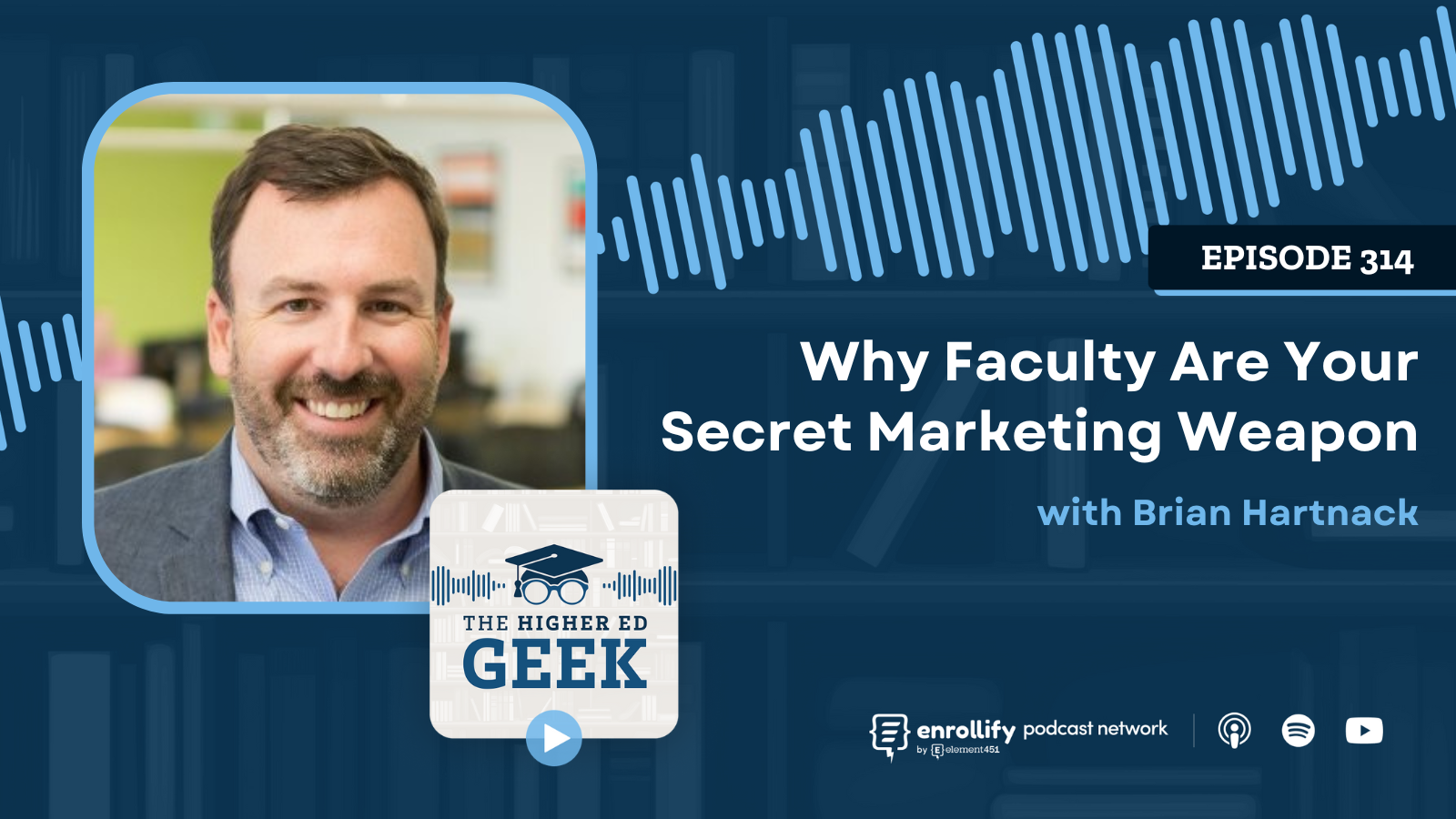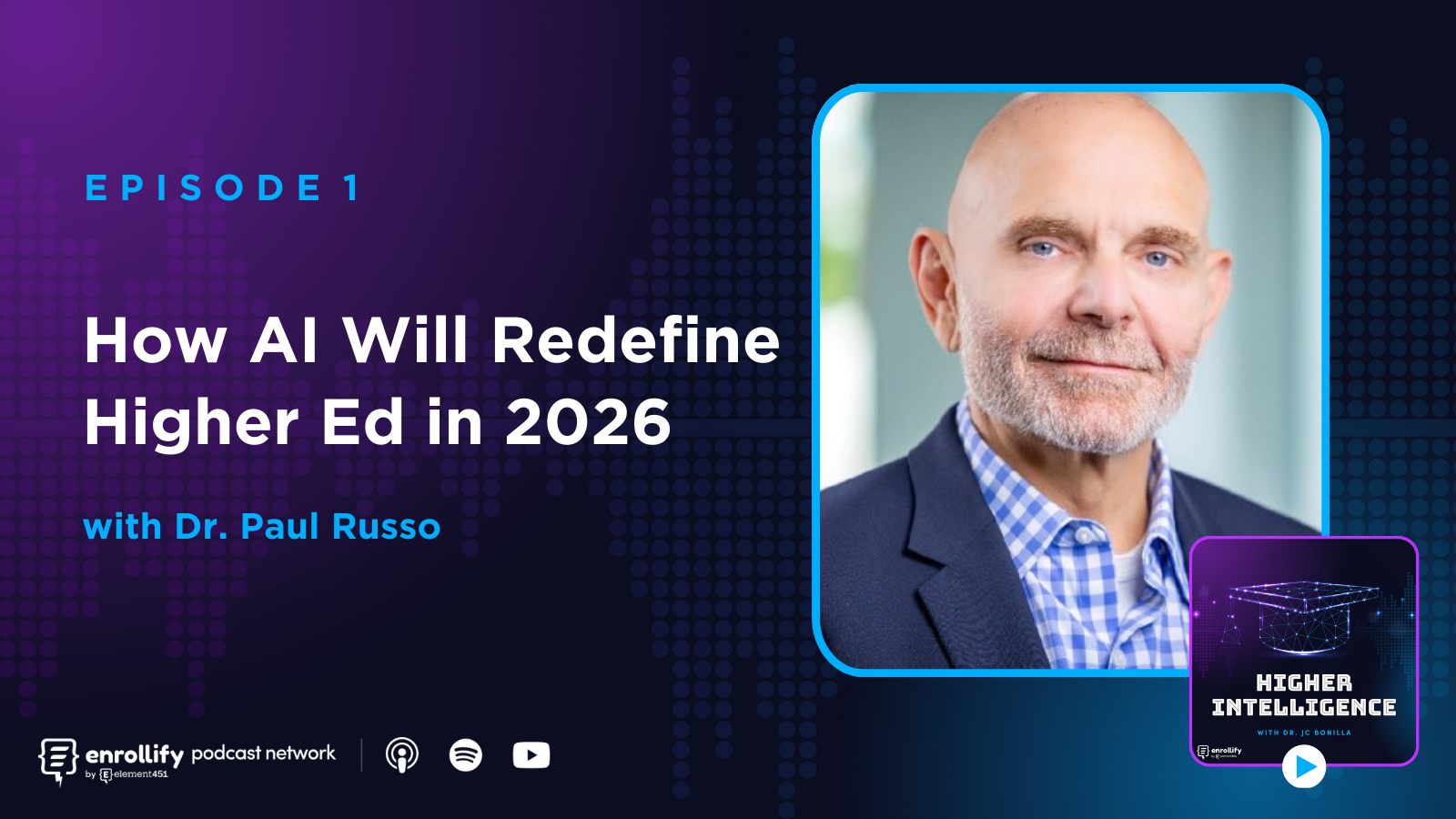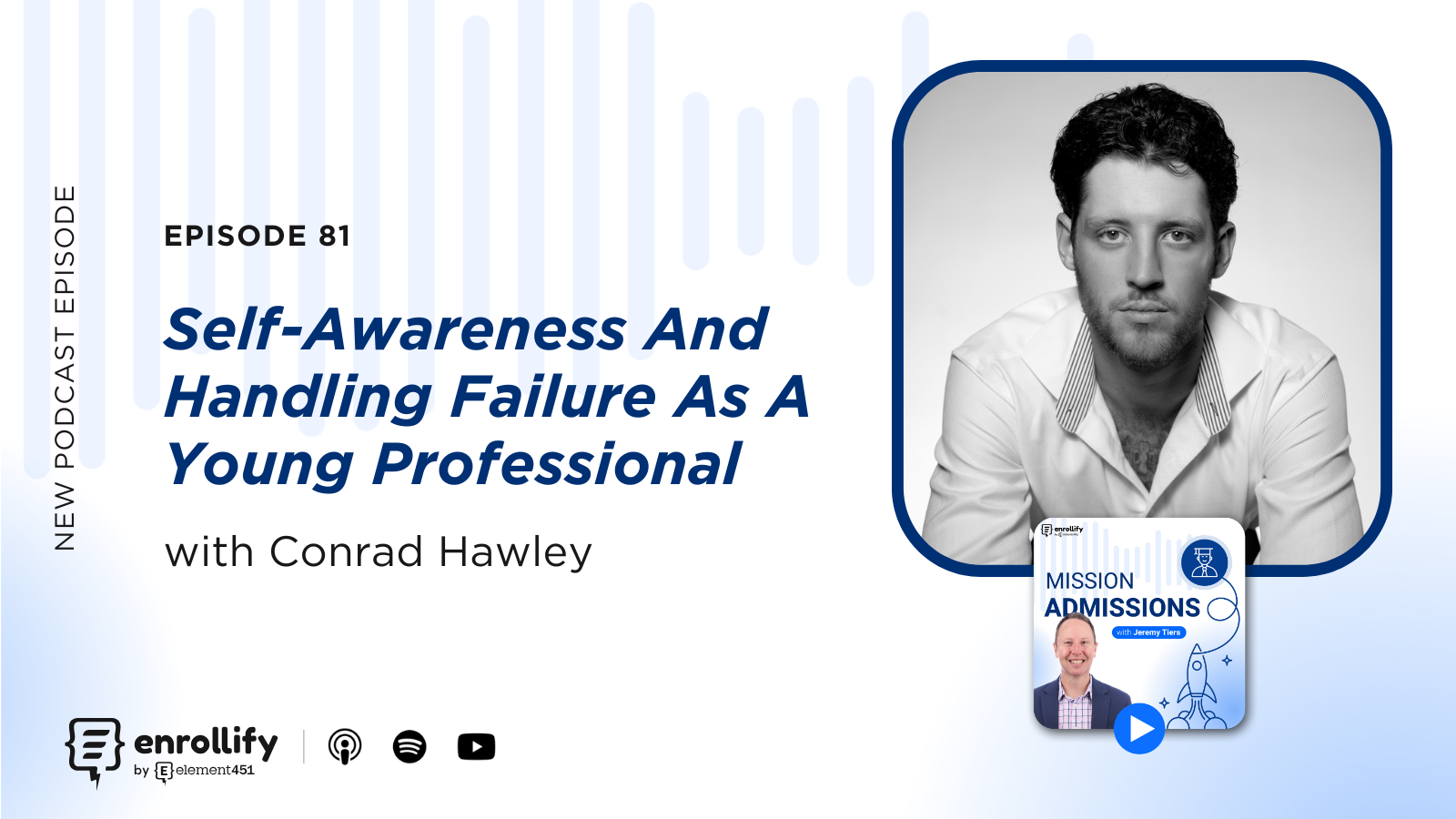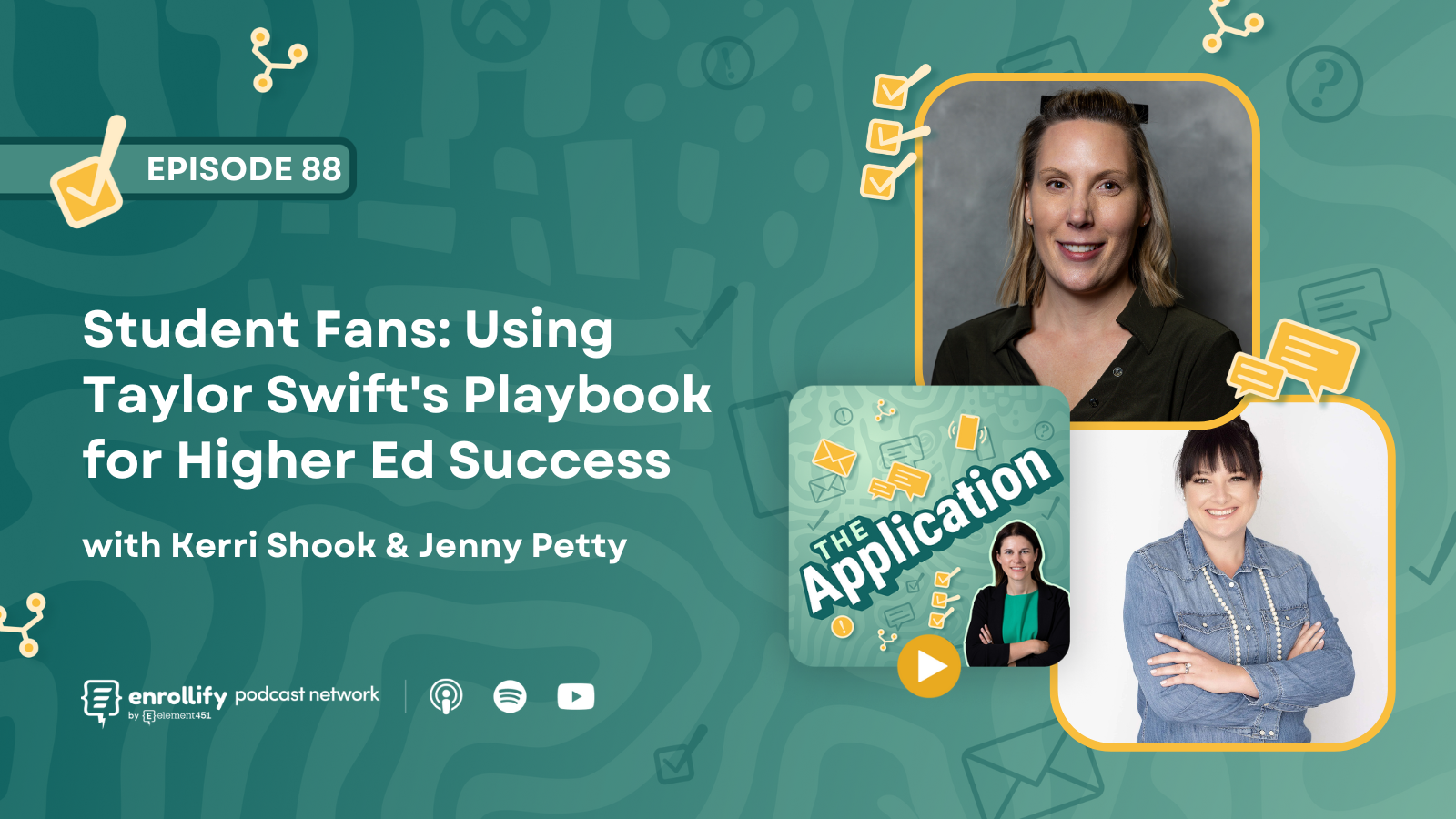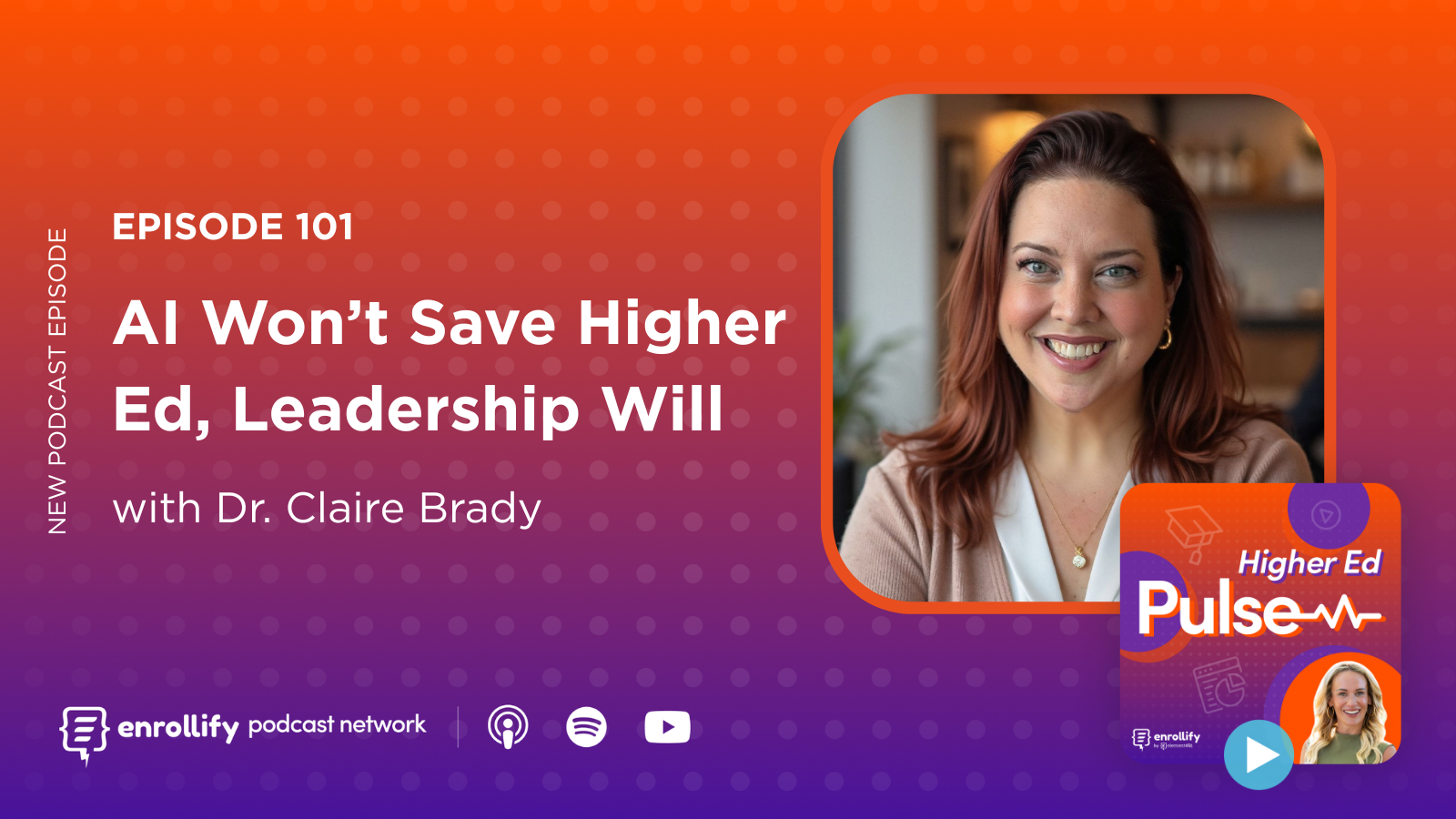About the Episode
About the Episode:
In this episode of the EduData Podcast, hosts Jamie and Timothy discuss a recent study on the return on investment from higher education. They explore how different degree programs, from computer science to humanities, impact lifetime earnings relative to their costs. The episode breaks down the methodology and findings of the study, highlights surprising data about the financial outcomes of various fields, and examines assumptions used in the analysis. This conversation sheds light on the financial implications of educational choices in today's economic landscape.
Key Takeaways
- Not All Degrees Guarantee Positive ROI: Around 25% of bachelor's degrees and 43% of master's degrees show a negative ROI, highlighting the importance of informed decisions.
- STEM Leads, But Not All Sciences Soar: Fields like computer science and engineering have high ROI, while biology and psychology score lower unless followed by advanced degrees.
- Short-Term Credentials Shine: Undergraduate certificates offer surprisingly competitive ROI, rivaling bachelor's degrees in certain cases.
- Negative ROI in the Arts: Programs like studio art, music, and drama often yield negative ROI, though personal fulfillment and alternative measures of success aren't factored into the financial analysis.
- Decision Speed Matters: Students must weigh the financial implications of their major choice against personal interests and career goals.
Episode Summary
How Does the Study Measure ROI in Higher Education?
The Foundation for Research on Equal Opportunity study combines data from multiple sources, including the College Scorecard and Census surveys, to calculate lifetime ROI for various degree programs. The methodology incorporates:
- Realized Earnings: Projected income from degree completion.
- Counterfactual Earnings: Income the student could have earned without pursuing a degree.
- Education Costs: Tuition, fees, and related expenses, excluding living costs.
- Completion Rates and Time to Degree: Adjustments based on program-specific averages.
The ROI metric subtracts counterfactual earnings and education costs from realized earnings to provide a clear picture of financial outcomes for graduates.
Which Fields Offer the Best ROI?
Unsurprisingly, degrees in STEM fields like computer science, engineering, and nursing dominate the top ROI rankings. These fields promise strong job markets and competitive salaries. Conversely, biology and psychology, despite being science-based, show low ROI at the bachelor's level unless further education is pursued.
Certificate programs emerge as a surprising contender, with 72% showing a positive ROI—almost as high as the 77% for bachelor's degrees. These short-term credentials often lead directly to employment, reducing opportunity costs and offering quicker returns.
What About the Humanities and Arts?
Humanities fields such as English and history often yield low or even negative ROI. The fine arts fare the worst, with degrees in studio art, music, and drama often resulting in financial losses. However, the study and hosts acknowledge that ROI is purely financial and doesn’t account for personal fulfillment, societal contributions, or alternative measures of success.
Are Advanced Degrees Worth It?
The data paints a mixed picture for graduate degrees. While advanced degrees can lead to high-paying jobs, only 57% of master's programs have a positive ROI. Students pursuing professional degrees in law, medicine, or business tend to fare better financially, but those in lower-paying fields should weigh the long-term benefits carefully.
What Should Higher Ed Marketers and Advisors Do?
The findings present a clear opportunity for enrollment and marketing teams:
- Promote High-ROI Programs: Highlight programs with strong ROI metrics, especially STEM fields and certificates.
- Address Perceptions for Low-ROI Fields: When marketing humanities or arts programs, emphasize non-financial benefits such as creativity, critical thinking, and societal impact.
- Leverage Transparency: Provide prospective students with clear ROI data to help them make informed decisions about their education and career goals.
Connect With Our Co-Hosts:
Jamie Boggs
https://www.linkedin.com/in/jamiewboggs/
Timothy Davis
https://www.linkedin.com/in/davis-timothy/
About The Enrollify Podcast Network: The EduData Podcast is a part of the Enrollify Podcast Network. If you like this podcast, chances are you’ll like other Enrollify shows too!
Some of our favorites include Generation AI and The Higher Ed Geek.
Enrollify is made possible by Element451 — the next-generation AI student engagement platform helping institutions create meaningful and personalized interactions with students. Learn more at element451.com.
Connect with Us at the Engage Summit: Exciting news — Jamie and Timothy will be at the 2024 Engage Summit in Raleigh, NC, on June 25 and 26, and we’d love to meet you there! Sessions will focus on cutting-edge AI applications that are reshaping student outreach, enhancing staff productivity, and offering deep insights into ROI.
Use the discount code Enrollify50 at checkout, and you can register for just $200.
Learn more and register at engage.element451.com — we can’t wait to see you there!









